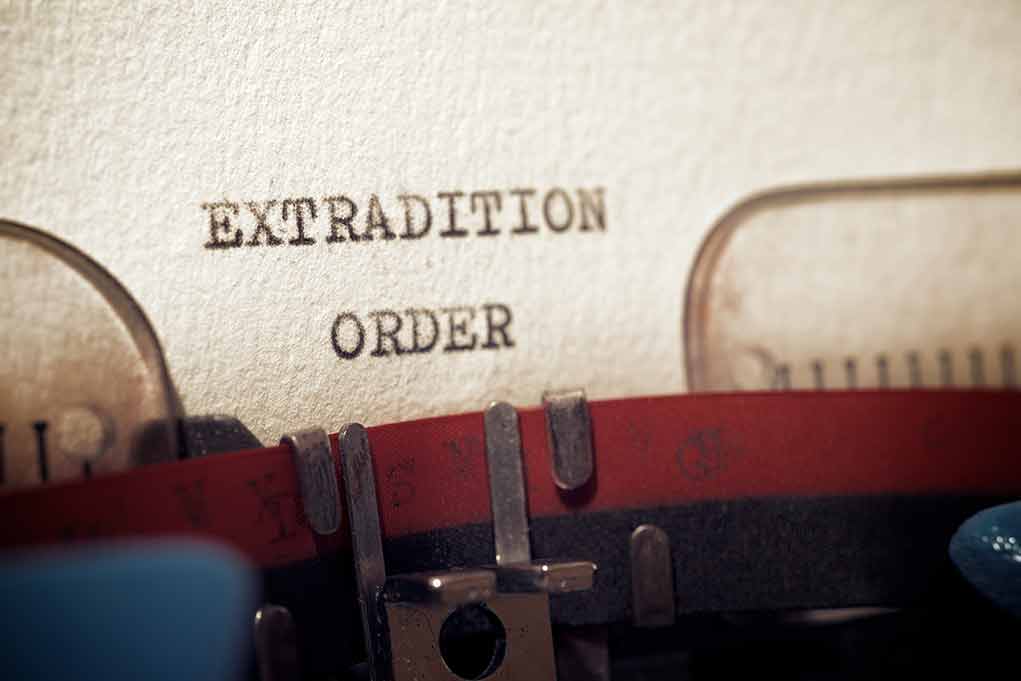
A Kentucky judge has banned cameras from the courtroom in the high-profile Crystal Rogers murder case to prevent a “circus-like atmosphere” that could derail justice for the missing mother.
Key Takeaways
- Judge Charles Simms III has imposed strict media restrictions for the upcoming trial of Steve Lawson in the Crystal Rogers case, prohibiting cameras and electronic devices in the courtroom.
- Crystal Rogers disappeared in 2015 after being with her boyfriend Brooks Houck, whose subsequent arrest along with Steve and Joseph Lawson has finally moved the case toward prosecution.
- The trials have been relocated to Bowling Green due to intense publicity, with Steve Lawson’s trial beginning May 27, followed by Joseph Lawson and Brooks Houck in June.
- Judge Simms will provide court recordings after sessions conclude, and a designated media room will be established for reporters covering the long-awaited trials.
Judge Imposes Strict Order to Preserve Trial Integrity
In a decisive move to maintain judicial decorum, Judge Charles Simms III has implemented comprehensive restrictions on media coverage for the upcoming trial in the Crystal Rogers case. The judge’s order specifically targets electronic devices and cameras, which are now prohibited inside the courtroom during proceedings for defendant Steve Lawson. This decision follows incidents of unauthorized streaming and other disruptions that threatened to compromise the solemnity of the courtroom environment. With trials for all three defendants set to begin soon, these measures aim to ensure that justice proceeds without the sensationalism that often accompanies high-profile cases.
The restrictions include a prohibition against disseminating trial information while court is in session, addressing concerns that real-time reporting could influence witnesses waiting to testify. Despite these limitations, Judge Simms has established alternative arrangements to maintain public access to the proceedings. Court recordings will be made available through official channels after each day’s session concludes, and a dedicated media room will be established where journalists can monitor the trial without disrupting court operations.
The Disappearance That Haunted a Community
Crystal Rogers vanished without a trace in July 2015 after reportedly spending the evening with her boyfriend, Brooks Houck, and his family. The subsequent discovery of her car on the Bluegrass Parkway with her keys, phone, and purse still inside immediately raised alarm bells throughout the community. Despite extensive searches across Nelson County and surrounding areas, Rogers’ body has never been found, leaving her five children without closure. The mysterious circumstances surrounding her disappearance quickly captured national attention, particularly after investigators began focusing on Houck as a person of interest.
For years, the case remained officially unsolved despite persistent rumors and theories circulating throughout Bardstown. The FBI eventually took over the investigation in 2020, bringing federal resources to bear on the cold case. This renewed focus finally yielded results in 2023 with the arrests of Joseph Lawson, Steve Lawson, and ultimately Brooks Houck himself. The small Kentucky community, which has suffered multiple unsolved tragedies including the murder of Rogers’ father Tommy Ballard while he was hunting in 2016, now awaits long-delayed answers.
Three Defendants Face Serious Charges
After years of investigation, prosecutors have assembled a case against three men they believe were involved in Crystal Rogers’ disappearance and presumed murder. Brooks Houck, Rogers’ boyfriend at the time of her disappearance, faces the most serious charges: murder and tampering with physical evidence. The court has set his bond at an enormous $10 million, reflecting both the severity of the charges and his potential flight risk. The prosecution alleges that Houck murdered Rogers and then took steps to hide evidence of the crime.
Steve Lawson and his son Joseph Lawson face charges of conspiracy to commit murder and tampering with physical evidence. According to court documents, the Lawsons allegedly assisted Houck in planning the murder and subsequently helped conceal evidence. The trials have been strategically scheduled, with Steve Lawson’s proceeding first on May 27, followed by Joseph Lawson, and finally Brooks Houck in June. This sequencing may allow prosecutors to build their case incrementally, potentially using testimony from earlier trials to strengthen their position against the primary defendant.
Venue Change Highlights Case Notoriety
The decision to relocate all three trials from Nelson County to Warren County underscores the extraordinary level of public interest in the Crystal Rogers case. Bowling Green, approximately 70 miles southwest of Bardstown, was selected to provide a venue where potential jurors might be less influenced by local knowledge and opinions about the case. This change of venue reflects a fundamental principle of American justice: that defendants are entitled to an impartial jury capable of rendering a verdict based solely on evidence presented in court, not on community rumors or media speculation.
The judge’s media restrictions further reinforce this commitment to trial integrity. By controlling the courtroom environment, Judge Simms aims to prevent outside influences from affecting jurors during what promises to be emotionally charged proceedings. The balance between public interest in a notorious case and the constitutional rights of defendants presents an ongoing challenge for the American justice system, particularly in an era of instantaneous information sharing and social media commentary. These precautions indicate the court’s determination to ensure that after eight years of waiting, justice for Crystal Rogers will proceed according to law rather than emotion.




